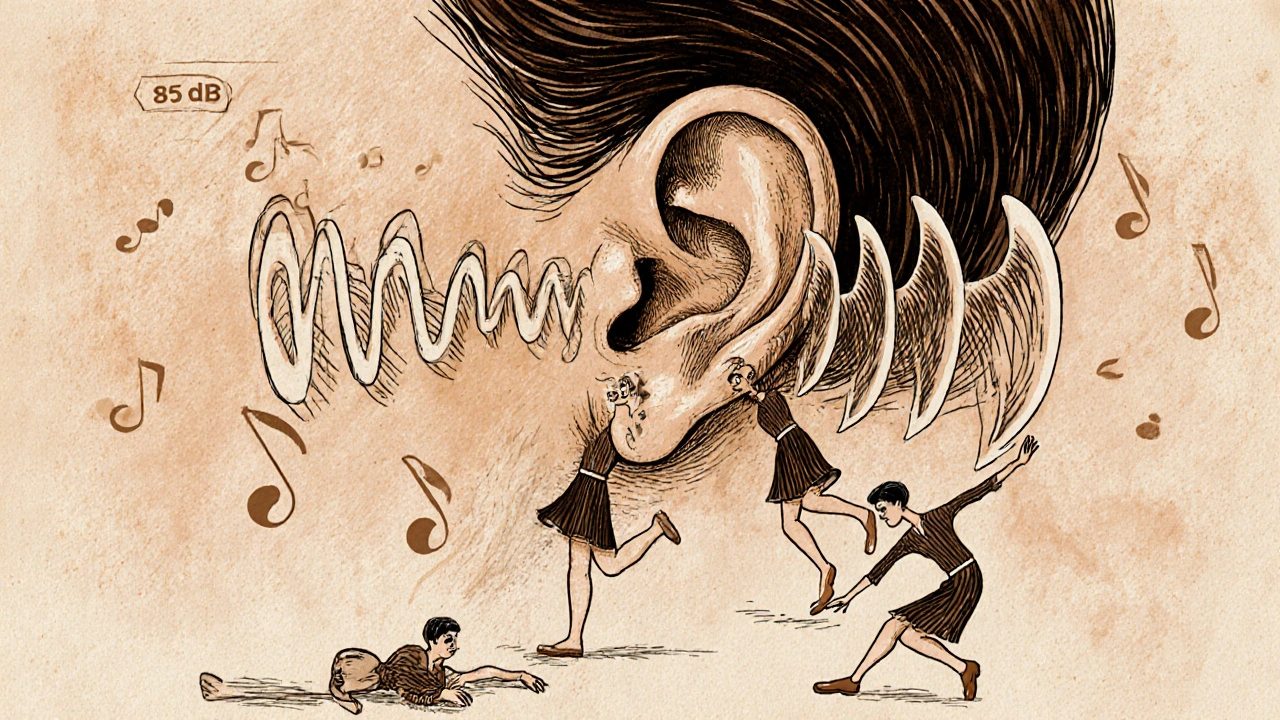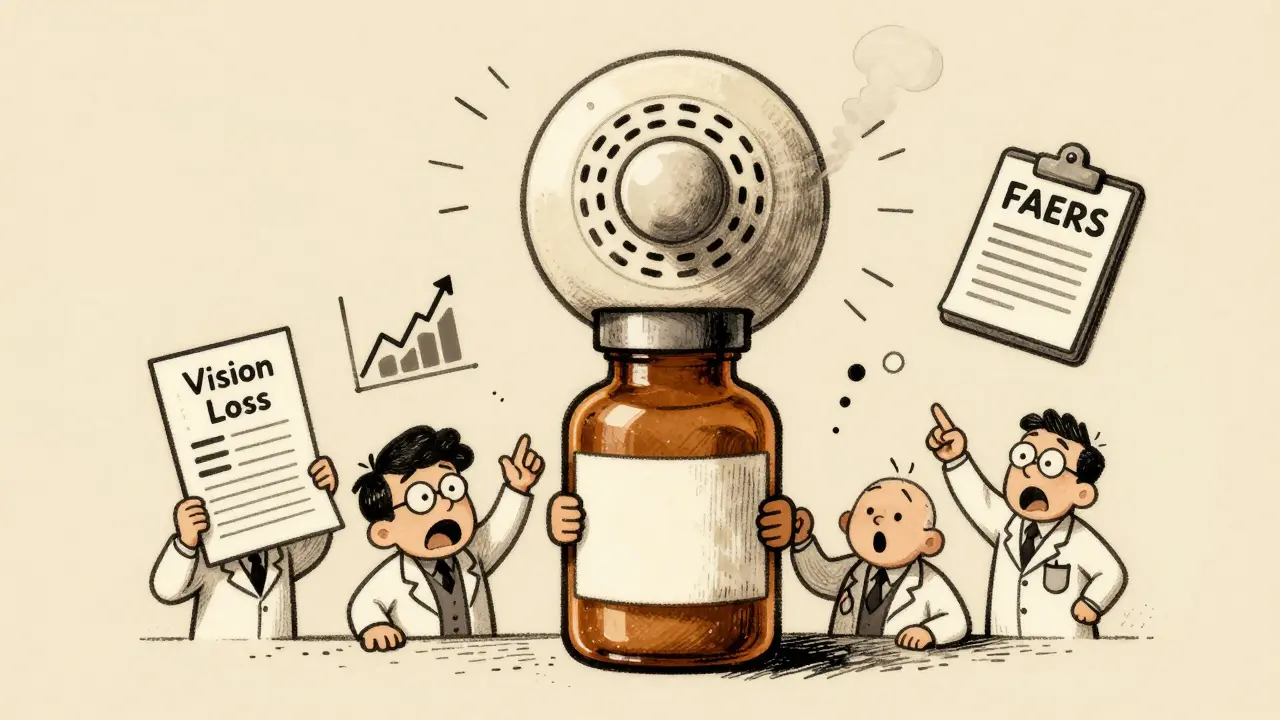Sensorineural Hearing Loss: Causes, Management, and What You Can Do
When your hearing fades not because of earwax or infection, but because the tiny hair cells in your inner ear are damaged, that’s sensorineural hearing loss, a permanent type of hearing loss caused by damage to the inner ear or auditory nerve. Also known as nerve-related hearing loss, it’s the kind that doesn’t go away with a cleaning or a pill—and it’s the most common form of hearing loss in adults. Unlike conductive hearing loss, which blocks sound from reaching the inner ear, sensorineural hearing loss means the signal gets scrambled or lost before it even reaches your brain. That’s why turning up the volume often doesn’t help—you can hear louder, but not clearer.
This isn’t just about aging. While it’s true that most people over 60 show some signs, younger people get it too—from loud concerts, repeated ear infections, certain antibiotics, head injuries, or even genetics. The damage usually starts with high-pitched sounds: birds chirping, children’s voices, or the letter "s" in speech. You might not notice until you’re constantly asking people to repeat themselves, or turning on captions just to follow a TV show. Many people also develop tinnitus, a ringing, buzzing, or hissing sound in the ears with no external source at the same time, which makes daily life even harder.
There’s no cure, but that doesn’t mean nothing can be done. hearing aids, electronic devices that amplify sound and filter out background noise are the first line of defense for most people. Modern ones are small, smart, and can connect to phones. For severe cases, cochlear implants, surgically implanted devices that bypass damaged hair cells and directly stimulate the auditory nerve can restore a surprising amount of hearing. The key is catching it early—delaying treatment makes your brain forget how to process sound, making recovery harder later.
What you won’t find in most doctor’s offices are the real-life tricks that help: lip reading apps, noise-canceling headphones for crowded places, or learning to position yourself so the speaker’s face is lit up. You’ll also find that some meds—like high-dose aspirin or certain antibiotics—can make it worse. And while supplements like ginkgo or zinc are often marketed for hearing, there’s little proof they work. What does work? Protecting your ears before the damage starts, getting checked if you notice changes, and not waiting until you’re struggling to talk to your grandkids.
The posts below cover what actually helps people manage this condition—from the latest hearing aid tech to how certain drugs can harm your ears, and even how to spot early warning signs before it’s too late. No fluff. Just what you need to know to protect your hearing, or help someone who already lost it.

Sensorineural Hearing Loss: What Causes Inner Ear Damage and Permanent Deafness
- 15 Comments
- Nov, 19 2025
Sensorineural hearing loss is permanent inner ear damage that affects how sound is processed. Learn what causes it, how it’s diagnosed, and the real-world solutions that help people hear better-even when the damage can't be reversed.




